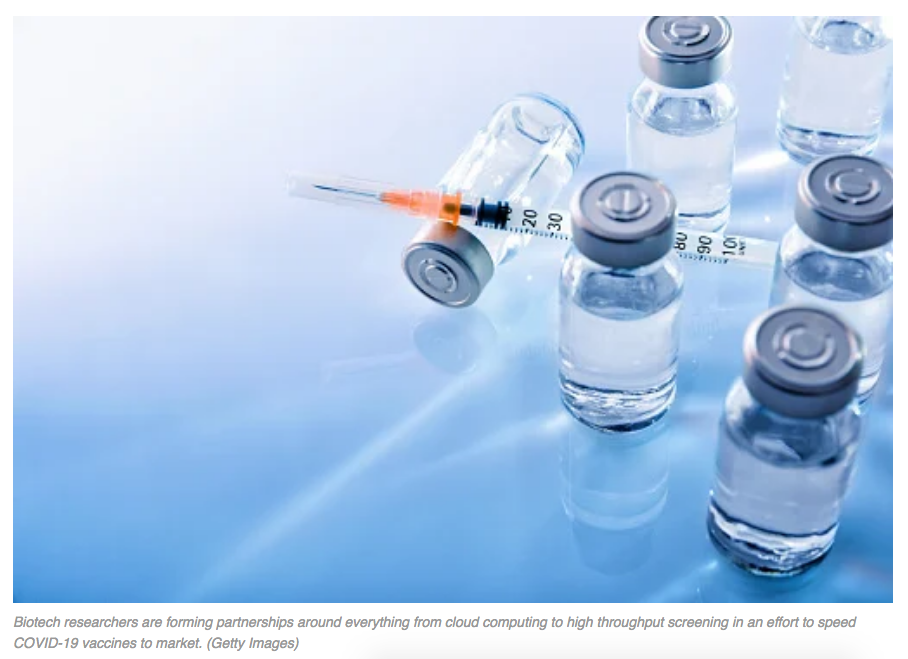
Coronavirus vaccine hype has taken over the news cycle, as competing researchers offer rosy timelines as early as September for emergency availability of a vaccine — but there are a lot of variables.
CNN has featured several reports on a group of Oxford scientists at the Jenner Institute who are saying they could have a vaccine ready by as early as September, and Pfizer has similarly announced they could have vaccines available for emergency use in September. Another drug manufacturer, Moderna, has said it could have a vaccine approved by the end of the year.
But a closer look at theses stories shows rather thin bases for these predictions, and significant reasons to be skeptical.
The Oxford group’s optimism is based on the fact that they tested a vaccine for a different coronavirus last year, and it was found to be safe, and on an efficacy test on six monkeys that some sci-fi buffs might find disturbing:
Their virus has been tested in six rhesus macaque monkeys at the National Institutes of Health’s Rocky Mountain Laboratory in Montana, that were then exposed to large volumes of the virus causing COVID-19. More than 28 days later, all six were still healthy.
The monkey data has not been published or peer-reviewed as yet, but will be next week.
The Jenner Institute hopes to begin efficacy testing in May, and “With emergency approval, the Oxford University researchers believe they could have a few million doses of the vaccine available by September if it is proven effective.”
If that sounds like a big “if,” it’s because it is. The Wall Street Journal notes:
The experimental vaccines still face a gauntlet of testing to make sure they work safely, which could derail efforts. Many promising drugs and vaccines wind up faltering during rounds of study. The average vaccine takes about 10.7 years to develop from its preclinical phase and has a market entry probability of 6%, according to a 2013 study published by PLOS ONE.
Adding to the potential obstacles, researchers say, is the fast-moving nature of the virus and measures to limit its spread. They have complicated efforts to set up some studies and find patients for research, delaying efforts and even closing some trials.
Pfizer’s vaccines don’t even have the 6 monkeys in their corner, and the same big “if” bulwarking their optimistic timeline:
Testing of a vaccine, which has already started in Germany, could start in the U.S. as early as next week if health regulators sign off, Pfizer’s Mr. Bourla said. Results from the study could come as early as next month, he said.
If further testing also proves successful, Pfizer could start distributing the vaccine on an emergency basis in the fall and receive approval for widespread distribution by year’s end, Mr. Bourla said.
Moderna’s end-of-year target is also dependent on the success of several sets of tests that haven’t even begun yet.
Hope-starved news consumers and equally hope-starved news personalities are projecting cautious optimism around these predictions, but the recurring theme in these stories is a serious lack of clinical evidence to back them up, and a necessity for regulators to help these researchers and companies rush these tests through.
That’s not to say that the object of this vaccine charm offensive isn’t a noble one — everyone wants a vaccine as soon as possible, and pressure to move things along seems to service that aim. But it is a reason to resist the urge to mark your calendars now. Or at least to do it in pencil.